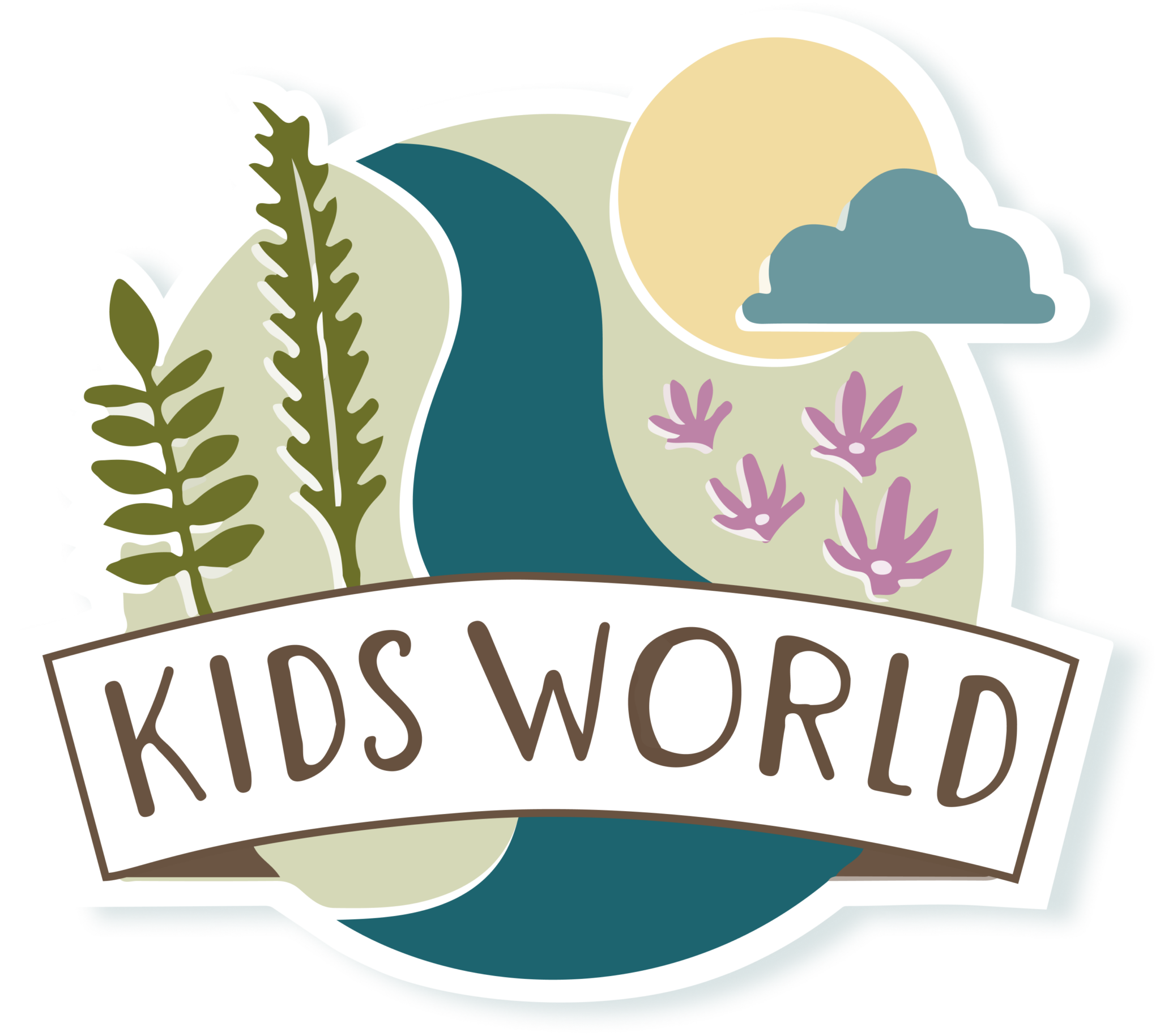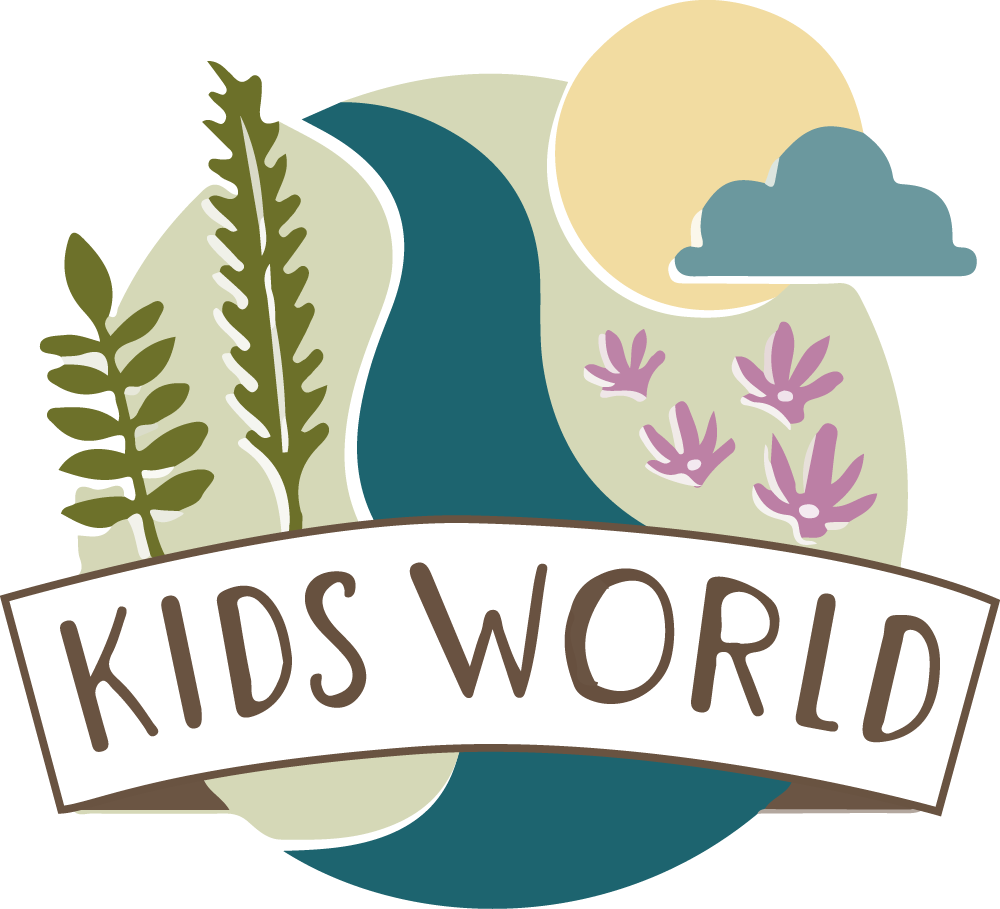Information from the American Academy of Pediatrics
Most of a baby’s brain development happens in the first 2 years of life. That’s why it’s so important for babies and toddlers to explore their environment and experience many sights, sounds, tastes, and textures. Interacting and playing with others helps children learn about the world around them.
For that reason, the American Academy of Pediatrics (AAP) recommends limiting the amount of time that babies and toddlers spend in front of a screen. That’s good advice — but in today’s world, it can be tough to keep babies and toddlers away from all the TVs, tablets, computers, smartphones, and gaming systems they’ll see.
Let’s face it: Screens are everywhere. Your little one is probably going to spend some time looking at one, so make sure his or her screen time is as productive as possible.
How Much Is Too Much?
Babies younger than 18 months should have no screen time at all. The exception to this rule is video chatting with grandparents or other family friends, which is considered quality time interacting with others.
Toddlers 18 months to 24 months old can start to enjoy some screen time with a parent or caregiver. By ages 2 and 3, kids should watch no more than 1 hour a day.
But not all screen time is created equal. For example, you and your baby playing an interactive color or shape game on a tablet or watching high-quality educational programming together is good screen time. Plopping your toddler down in front of the TV to watch your favorite shows with you is an example of bad screen time. Use screen time as a chance to interact with your child and teach lessons about the world. Don’t let your child spend time alone just staring at a screen.
Screen Time Tips
The same parenting rules apply to screen time as to anything else — set a good example, establish limits, and talk with your child about it.
To make your toddler’s screen time more productive:
Be with young kids during screen time and interact with them. That can mean playing an educational game with your child or talking about something you see together in an age-appropriate TV show or video.
Research games and apps before getting them for your child. There are thousands of apps and games that claim to be educational, but not all of them are. Search online to see which ones educators and doctors consider the best.
Schedule plenty of non-screen time into your child’s day. Unstructured playtime is important for building creativity, so young children should have time to play away from screens every day. Family meals and bedtimes are also important times to put the screens away and interact with your child.
When deciding to breastfeed, please take into consideration the following information. When you breastfeed, you are giving your infant a healthy start that will last a lifetime. As we are pro-breastfeeding and will talk about the benefits of breastfeeding for you and your infant, always remember that you and your baby are unique and the decision to breastfeed is up to you.
Many medical experts, including the American Academy of Pediatrics (AAP) and the American College of Obstetricians and Gynecologists, strongly recommend exclusively breastfeeding for at least 6 months. After introducing first foods, they recommend continuing to breastfeed through your child’s first year of life.
Benefits of Breastfeeding for Baby
Breast milk provides the ideal nutrition for infants. It has a nearly perfect mix of vitamins, protein, and fat….everything your baby needs to grow. It’s all provided in a form more easily digested than infant formula. Breast milk contains antibodies that assist your baby in fighting off viruses and bacteria. Breastfeeding lowers your baby’s risk of having asthma or allergies, ear infections, respiratory illnesses, and bouts of diarrhea. Breastfeeding has been linked to higher IQ scores in some studies. The physical closeness, skin to skin touching, and eye contact help you bond with your child and assist them in feeling secure. The AAP says breastfeeding also plays a role in the prevention of SIDS (sudden infant death syndrome).
Benefits of Breastfeeding for Mom
Breastfeeding burns extra calories which can assist in loosing pregnancy weight faster. Breastfeeding releases the hormone oxytocin, which helps your uterus return to its pre-pregnancy size and may reduce uterine bleeding after birth. Breastfeeding also limits time and money since you don’t have to buy and measure formula, sterilize nipples, or warm bottles. It gives a mom regular time to relax quietly with their newborn while they bond together. Breastfeeding leads to a lower risk of health problems in moms such as Type 2 diabetes, certain types of breast cancer, and ovarian cancer.
Benefits of Breastfeeding for Society
- Breastfeeding saves lives. Research shows that if 90% of families breastfed exclusively for six months, nearly 1,000 deaths among infants could be prevented each year.
- Breastfeeding saves money. Medical costs may be lower for fully breastfed infants than never-breastfed infants. Breastfed infants usually need fewer sick care visits, prescriptions, and hospitalizations.
- Breastfeeding also helps make a more productive workforce. Mothers who breastfeed may miss less work to care for sick infants than mothers who feed their infants formula. Employer medical costs may also be lower.
- Breastfeeding is better for the environment. Formula cans and bottle supplies create more trash and plastic waste. Your milk is a renewable resource that comes packaged and warmed.


